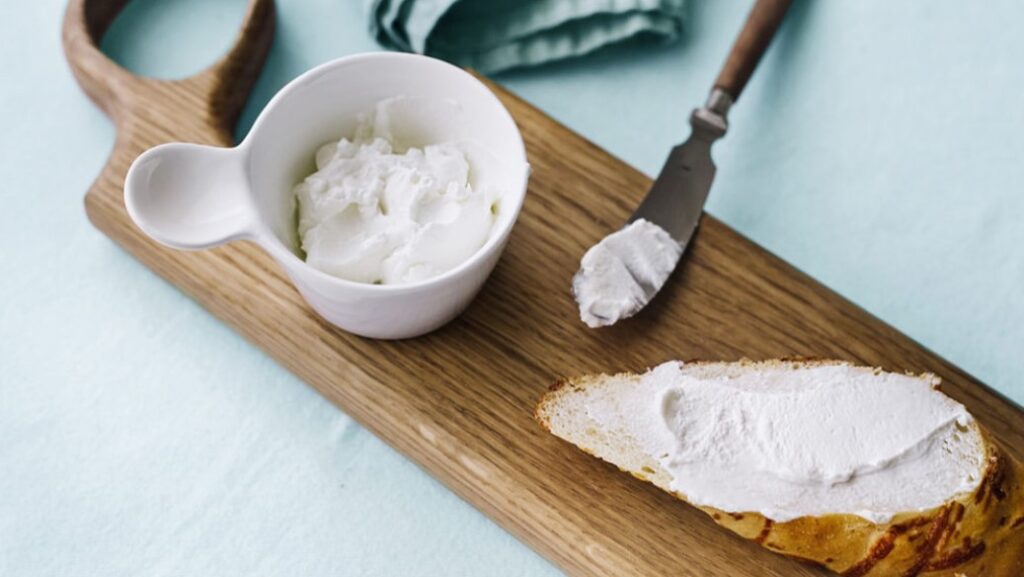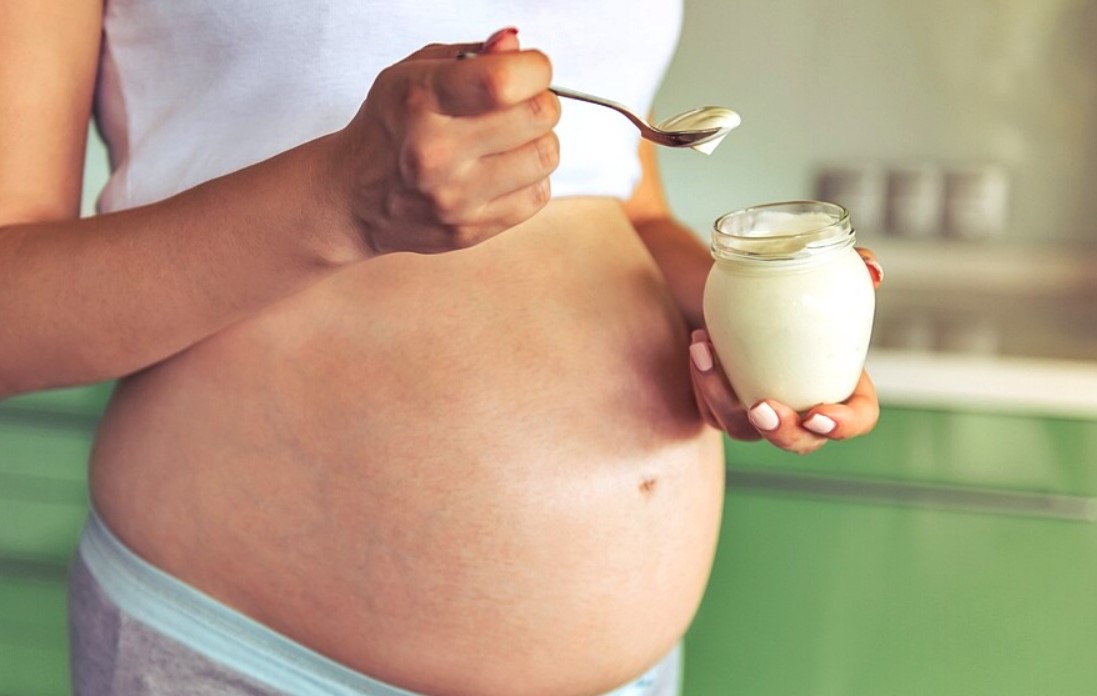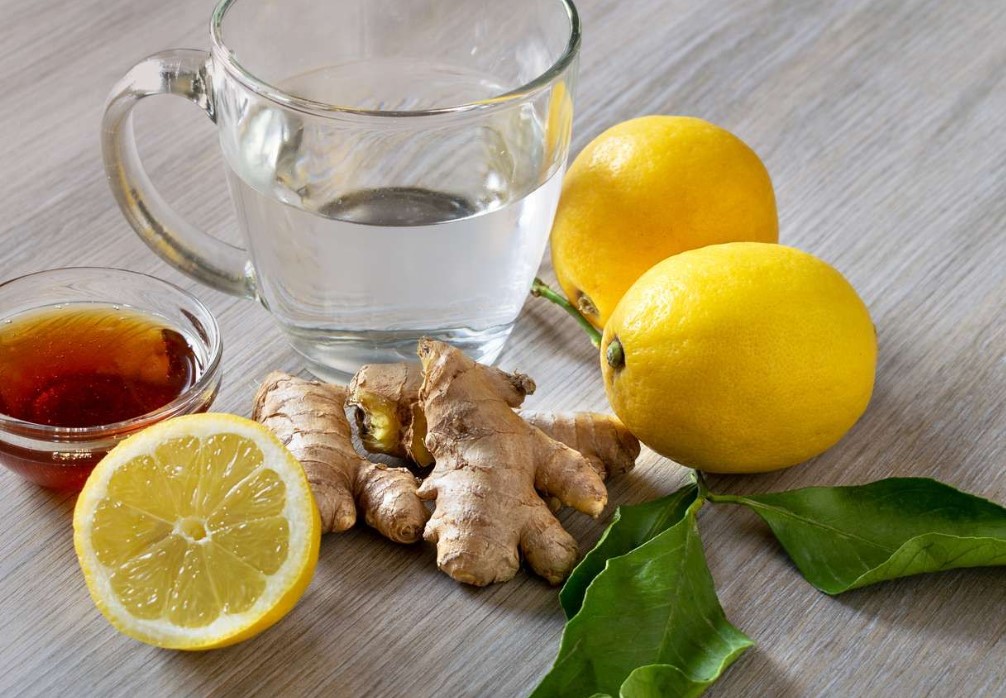Can Pregnant Women Eat Cream Cheese? If you’re pregnant and considering eating cream cheese, you might be wondering: is it safe to do so? If so, you need to know the facts before you try it. First of all, you should avoid the warm variety. Warm cheese can contain harmful bacteria called listeria. Also, be sure to wash your fruits and vegetables thoroughly before eating. Also, you should avoid eating foods prepared by others or by individuals who don’t know how to properly prepare them. If you have any doubts, you should consult a maternity care provider for advice.
Can You Eat Cream Cheese When Pregnant?
If you are pregnant, you may wonder whether you can eat cream cheese. It is a dairy product made from pasteurized cream and milk. It contains lactic acid bacteria, which are good for your health. This process kills harmful bacteria that can be passed on to your unborn baby. However, some types of cream cheese are not safe to eat during pregnancy.

Most cream cheese sold in shops is pasteurised. However, some brands of soft cheese contain listeria, a bacterium that can cause a very serious infection called listeriosis. The infection can be transferred to your unborn child and result in miscarriage or stillbirth. The bacteria that causes listeriosis are present in unpasteurised cheeses.
The HSE recommends that pregnant women avoid eating soft cheeses with white rinds. This includes brie and camembert. However, feta cheese is considered safe to eat during pregnancy, as long as the cheese is made with pasteurised milk. In addition, hard blue cheeses, like Philadelphia, stilton, and Philadelphia, are safe to eat during pregnancy.
However, you should not eat cream cheese that has smoked salmon spread on it. Smoked salmon spread, for example, may contain harmful bacteria. In addition, unpasteurized milk contains harmful bacteria. It is best to use pasteurized milk and cream cheese for cooking.
What is cream cheese?
Cream cheese is a soft, mild cheese that is made from milk and cream. In industrial production, stabilizers are sometimes added to make the cheese a little softer. Its creamy texture makes it an excellent spread for sandwiches and other dishes. You can find it in grocery stores, at restaurants, and at home.
Cream cheese was developed in the U.S. in the late 1800s. The production process involves adding lactic acid bacteria to milk to decrease its pH and drive away the fat. The mixture is then heated to remove the curds and add stabilizers. Throughout the process, the cheese is milder than most other cheeses.
Cream cheese is used in a wide variety of dishes, and is widely popular in the United States. It is also available in many countries. Most commercial cream cheese is industrially produced. The fresh variety, however, contains no stabilizers. Philadelphia cream cheese is the most popular brand, and is available in many markets around the world.
Cream cheese is often used in recipes for sandwiches, ice creams, and cakes. Its soft texture and tangy taste make it a versatile ingredient in many dishes.
Is eating cream cheese while pregnant good for you?

There is some controversy over whether or not eating cream cheese while pregnant is safe. Some say it’s fine but there are some warnings. For starters, cream cheese, especially Philadelphia cream cheese, contains high levels of fat and may be unsafe. Another concern is the fact that it contains smoked salmon spread, which may be unsuitable for expectant mothers.
The biggest risk associated with eating too much cream cheese while pregnant is gestational diabetes. However, it contains a good amount of protein, carbohydrates, and vitamins A and riboflavin. Whipped cream cheese contains fewer calories and less fat than regular cream cheese. Additionally, the cheese is made from pasteurized dairy. The NSH website, the largest health website in the United Kingdom, says that semi-soft, pasteurized cheeses are safe for consumption during pregnancy.
Pregnant women can also eat cream cheese bagels, provided that they are prepared correctly. However, they should avoid using a knife to spread cream cheese, since it introduces bacteria and may make the cheese go bad faster. Cream cheese also contains a high amount of fat, about a third of it being saturated. The saturated fat in cream cheese is 29 percent of the daily recommended amount. However, fat is not the enemy during pregnancy, as it helps to grow the baby, but too much can cause gestational diabetes.
Despite these warnings, many pregnant women still enjoy a daily serving of cream cheese. However, pregnant women must be cautious of unpasteurized cheese because it can transmit salmonella to the unborn baby. If you are planning on eating cream cheese during pregnancy, make sure to check the packaging before you buy it.


